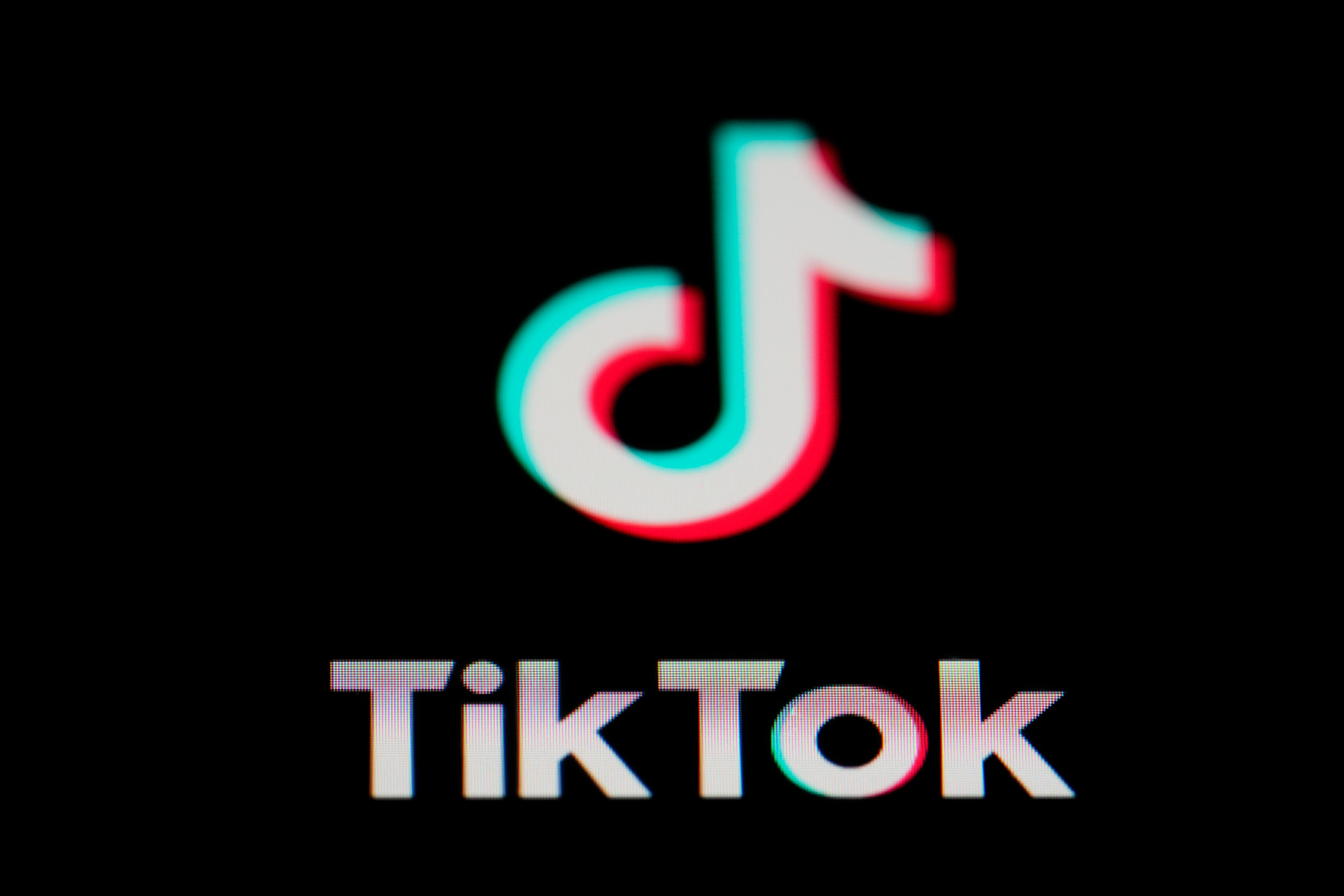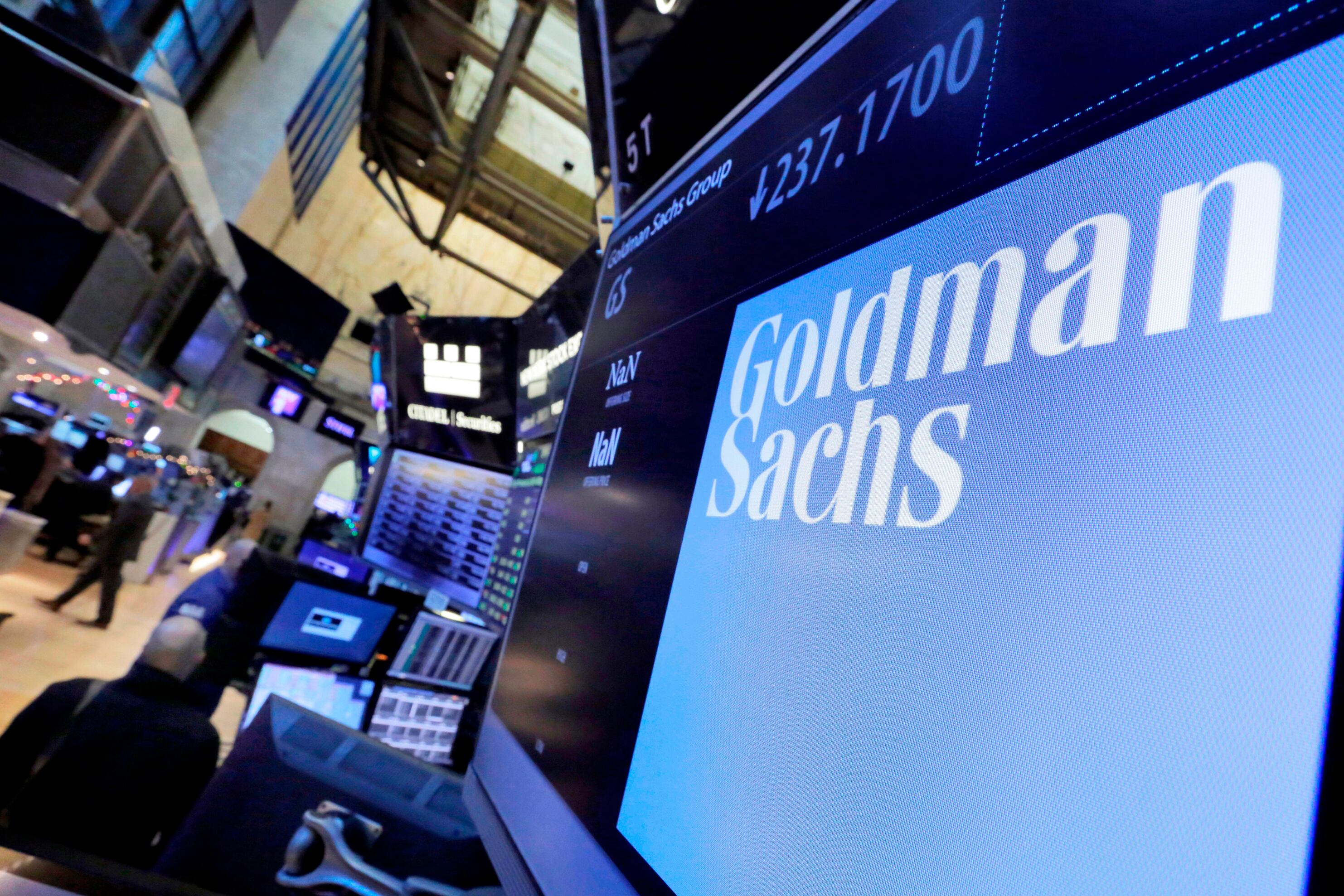TikTok disclosed a letter Thursday that accused the Biden administration of engaging in “political demagoguery” during high-stakes negotiations between the government and the company as it sought to relieve concerns about its presence in the U.S.
The letter — sent to David Newman, a top official in the Justice Department’s national security division, before President Biden signed the potential TikTok ban into law — was submitted in federal court along with a legal brief supporting the company’s lawsuit against measure. TikTok’s Beijing-based parent company ByteDance is also a plaintiff in the lawsuit, which is expected to be one of the biggest legal battles in tech and internet history.
The internal documents provide details about negotiations between TikTok and the Committee on Foreign Investment in the United States, a secretive inter-agency panel that investigates corporate deals over national security concerns, between January 2021 and August 2022.
TikTok has said those talks ultimately resulted in a 90-page draft security agreement that would have required the company to implement more robust safeguards around U.S. user data. It would have also required TikTok to put in a “kill switch” that would have allowed CFIUS to suspend the platform if it was found to be non-compliant with the agreement.
However, attorneys for TikTok said the agency “ceased any substantive negotiations” with the company after it submitted the draft agreement in August 2022.
CFIUS did not immediately respond to a request for comment. The Justice Department said it is looking forward to defending the recently enacted legislation, which it says addresses “critical national security concerns in a manner that is consistent with the First Amendment and other constitutional limitations.”
“Alongside others in our intelligence community and in Congress, the Justice Department has consistently warned about the threat of autocratic nations that can weaponize technology — such as the apps and software that run on our phones – to use against us,” the statement said. “This threat is compounded when those autocratic nations require companies under their control to turn over sensitive data to the government in secret.”
The letter sent to Newman details additional meetings between TikTok and government officials since then, including a March 2023 call the company said was arranged by Paul Rosen, the U.S. Treasury's undersecretary for investment security.
According to TikTok, Rosen told the company that “senior government officials” deemed the draft agreement to be insufficient to address the government’s national security concerns. Rosen also said a solution would have to involve a divestment by ByteDance and the migration of the social platform's source code, or its fundamental programming, out of China.
TikTok’s lawsuit has painted divestment as a technological impossibility since the law requires all of TikTok’s millions of lines of code to be wrested from ByteDance so that there would be no “operational relationship” between the Chinese company and the new U.S. app.
After the Wall Street Journal reported in March 2023 that CFIUS had threatened ByteDance to divest TikTok or face a ban, TikTok’s attorneys held another call with senior staff from the Justice and Treasury departments where they said leaks to the media by government officials were “problematic and damaging.”
That call was followed by an in-person meeting in May 2023 between TikTok's attorneys, technical experts and senior staff at the Treasury Department focused on data safety measures and TikTok's source code, the company's attorneys said. The last meeting with CFIUS occurred in September 2023.
In the letter to Newman, TikTok's attorneys say CFIUS provides a constructive way to address the government's concern. However, they added, the agency can only serve this purpose when the law - which imposes confidentiality - and regulations "are followed and both sides are engaged in good-faith discussions, as opposed to political subterfuge, where CFIUS negotiations are misappropriated for legislative purposes.”
The legal brief also shared details of, but does not include, a one-page document the Justice Department allegedly provided to members of Congress in March, a month before they passed the federal bill that would require the platform to be sold to an approved buyer or face a ban.
TikTok’s attorneys said the document asserted TikTok collects sensitive data without alleging the Chinese government has ever obtained such data. According to the company, the document also alleged that TikTok’s algorithm creates the potential for China to influence content on the platform without alleging the country has ever done so.









